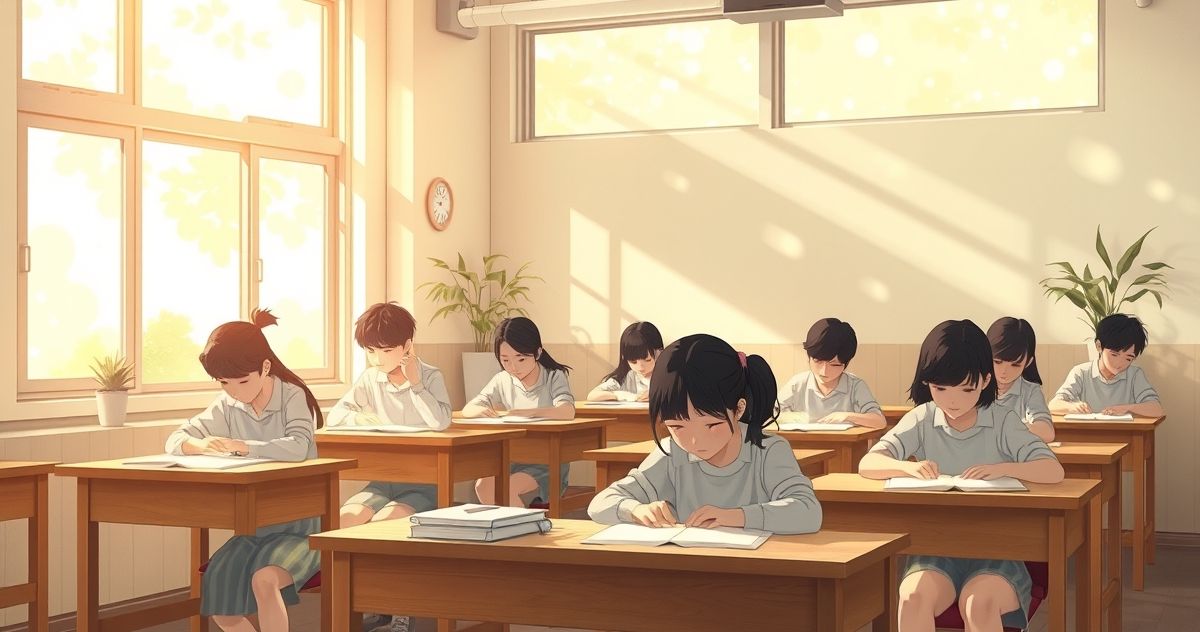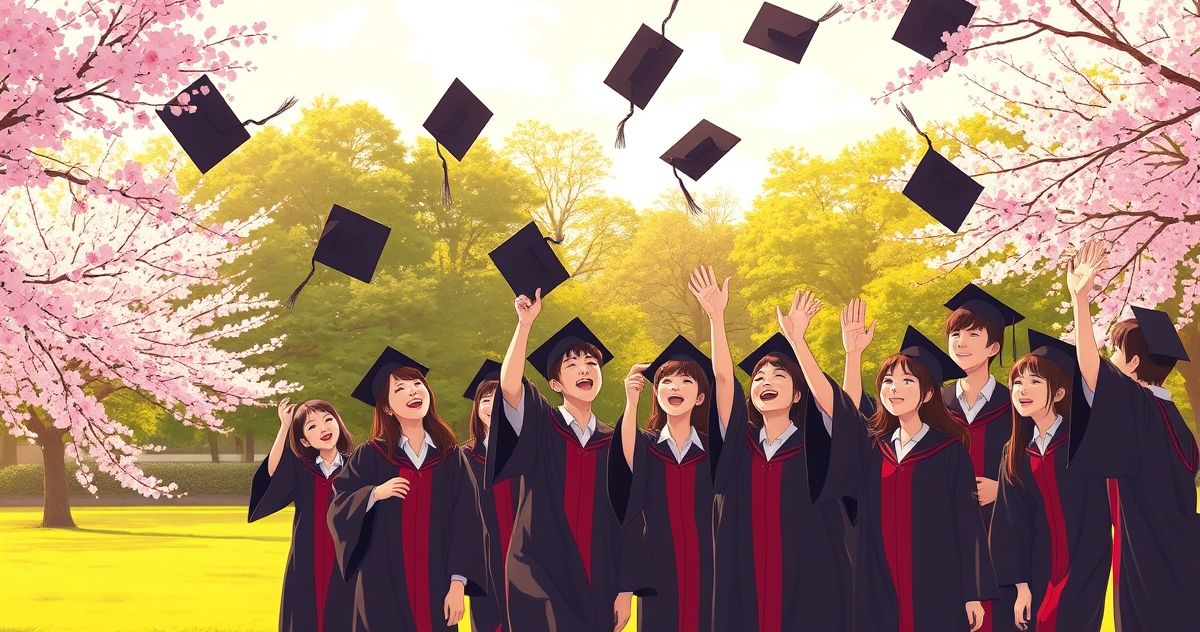
Understanding Korea's 2025 University Admission System
South Korea's university admission system, known as "Susi" (early admission), is undergoing significant changes in 2025. As one of the world's most competitive educational environments, Korean students and parents are closely monitoring these developments that could reshape higher education access.Major Changes in 2025 Admissions
The Korean university admission system traditionally consists of two main tracks: Susi (early admission based on school records and extracurriculars) and Jeongsi (regular admission based primarily on the national college entrance exam, Suneung). Key Updates for 2025:
Seoul National University, Korea's most prestigious institution, has increased its regional balance quota from 506 to 509 students, providing slightly more opportunities for students from outside the Seoul metropolitan area. This change reflects ongoing efforts to promote educational equity across different regions.
The elimination of personal statements (jagi-sogaeseo) in comprehensive evaluation tracks marks a fundamental shift. Universities will now rely more heavily on school records, requiring students to demonstrate their capabilities through documented academic and extracurricular achievements rather than written essays.
Key Updates for 2025:
Seoul National University, Korea's most prestigious institution, has increased its regional balance quota from 506 to 509 students, providing slightly more opportunities for students from outside the Seoul metropolitan area. This change reflects ongoing efforts to promote educational equity across different regions.
The elimination of personal statements (jagi-sogaeseo) in comprehensive evaluation tracks marks a fundamental shift. Universities will now rely more heavily on school records, requiring students to demonstrate their capabilities through documented academic and extracurricular achievements rather than written essays.
The Holistic Evaluation Revolution
Korean universities are moving toward more holistic evaluation methods, similar to trends seen in international admissions. The comprehensive student record evaluation (haksaengbu jonghap jeonhyeong) now emphasizes: Academic Excellence: Not just grades, but evidence of intellectual curiosity and deep learning in specific subjects.
Extracurricular Engagement: Quality over quantity in activities, with focus on leadership, creativity, and social contribution.
Character Assessment: Schools evaluate students' integrity, collaboration skills, and potential for positive impact on campus communities.
Academic Excellence: Not just grades, but evidence of intellectual curiosity and deep learning in specific subjects.
Extracurricular Engagement: Quality over quantity in activities, with focus on leadership, creativity, and social contribution.
Character Assessment: Schools evaluate students' integrity, collaboration skills, and potential for positive impact on campus communities.
Regional and Social Impact
Korea's admission changes reflect broader social concerns about educational inequality. The traditional system heavily favored students from affluent Seoul-area families who could afford extensive private tutoring (hagwon culture). Recent reforms aim to level the playing field by:- Reducing the weight of standardized test scores in some tracks
- Increasing emphasis on school-based activities
- Providing more opportunities for students from underrepresented regions
International Perspective on Korean Education
For global observers, Korea's admission reforms represent a fascinating case study in educational evolution. The country is attempting to balance its reputation for academic rigor with growing recognition that creativity and diverse talents are essential for 21st-century success. The changes also reflect Korea's position as a major cultural exporter. With the global rise of K-pop, Korean dramas, and technology companies, there's increased recognition that the country's future depends not just on test-taking ability but on innovation and creative thinking.
Practical Implications for Students
Students preparing for 2025 admissions must adapt their strategies accordingly. Success now requires: Consistent Academic Performance: With personal statements eliminated, every semester's grades carry increased weight. Meaningful Activity Participation: Students need to show genuine engagement rather than resume-padding participation in multiple clubs. Interview Preparation: As written essays become less important, oral communication skills gain prominence in the selection process.Looking Forward
These changes represent Korea's ongoing effort to reform an education system known for intense competition and academic pressure. While maintaining high standards, the country is gradually embracing more diverse measures of student potential. The 2025 admission cycle will serve as a crucial test of these reforms, potentially influencing future policy decisions and setting precedents for other East Asian nations facing similar educational challenges. For Korean families, these changes require adaptation but also offer new pathways to success beyond traditional academic metrics.Original: https://trendy.storydot.kr/blog/2025-admission-guide


0 Comments